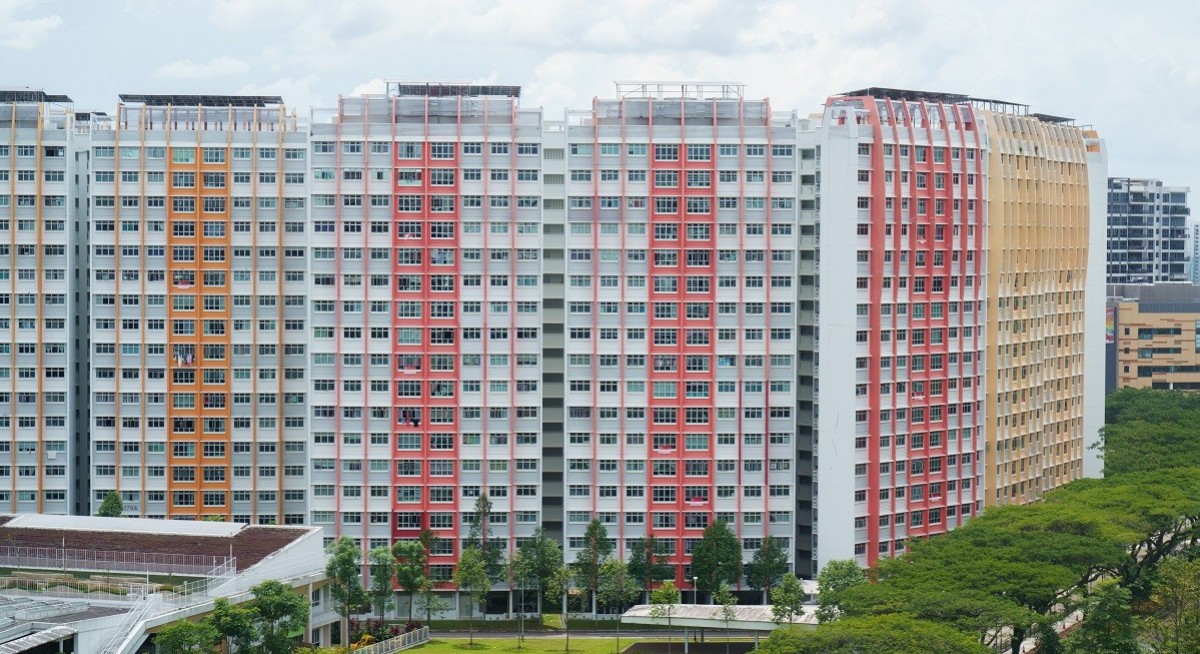Yet there are good reasons to expect that rents in the city-state of six million people, even if they don’t zoom next year, won’t swoon either.
The biggest reason is the economy, which has done a stellar job of swimming against the tide of US tariffs. The government has upgraded this year’s growth forecast to around 4%, from between 1.5% and 2.5%. To the extent some of that outperformance comes from electronics shipments turbocharged by demand for artificial intelligence, a global technology downturn could dim the outlook for jobs and housing in the transhipment hub. The trade war could re-escalate. But what if those risks fail to materialise, at least in 2026?
With the likes of Meta Platforms, Microsoft, Amazon.com and Alphabet reiterating or bumping up their investment targets for next year, Bloomberg Intelligence expects a 38% jump in mostly AI-related capital expenditure by the so-called hyperscalers. Singapore is well-positioned to receive the flow-on benefits because of its expertise in hosting data centres that are now being made AI-ready.
See also: CDL-Woh Hup JV places top bid for Tanjong Rhu GLS site, beating out four others
Then there is the boom in artificial intelligence that not only generates text and images but also takes decisions and executes actions with limited human supervision. Singapore is caught up in the frenzy. Sumitomo Mitsui Financial Group recently set up a centre for its agentic AI operations in the city-state. Bank of Singapore, a leading private bank, now checks its clients’ source of wealth in one hour, something that used to take its staff 10 days. The siren song of productivity gains is too large for the city’s financial sector to sit out the revolution.
While some back-office banking jobs will undoubtedly be cut, hiring will accelerate in AI and fintech initiatives, such as stablecoin and blockchain tokenisation, areas where Singapore is showing much promise. The net effect may be to help keep housing demand humming. Property agency OrangeTee Group is pencilling in a 2% to 3% increase in rents next year, broadly in line with the expected growth in 2025.
See also: Hillhouse-backed EZA Hill defends ‘contrarian’ investment focus on industrial, logistics assets
Landlords who push for more, however, will meet resistance. In 2022, a temporary shortage of public housing, where 77% of the population lives, drove the rental market to dizzying heights.
That process is now operating in reverse. Between 2026 and 2028, owners of some 54,000 HDB apartments will be completing their five-year minimum occupation mandate, up from 34,000 in the previous three years, OrangeTee analysts note. Free to sell their units or rent them out, many of them might take the latter option, pushing downward pressure on HDB leasing costs. That will indirectly cool the private condo market.
Hong Kong and Dubai, which are also making a play for talent in AI, wealth management and fintech, will help keep a lid on how high rents could go in Singapore (Hong Kong rents have only recently inched past their 2019 peak; Singapore’s are 53% higher than pre-Covid-19 levels).
Finally, private-home prices have risen for four straight quarters, defying government measures to rein in the 40% appreciation since March 2020. Low interest rates and strong household balance sheets may continue to attract buyers as developers launch new projects at a faster pace next year, helping boost leasing options. The more the choices, the lower the likelihood of tenants getting squeezed on rents. — Bloomberg Opinion




